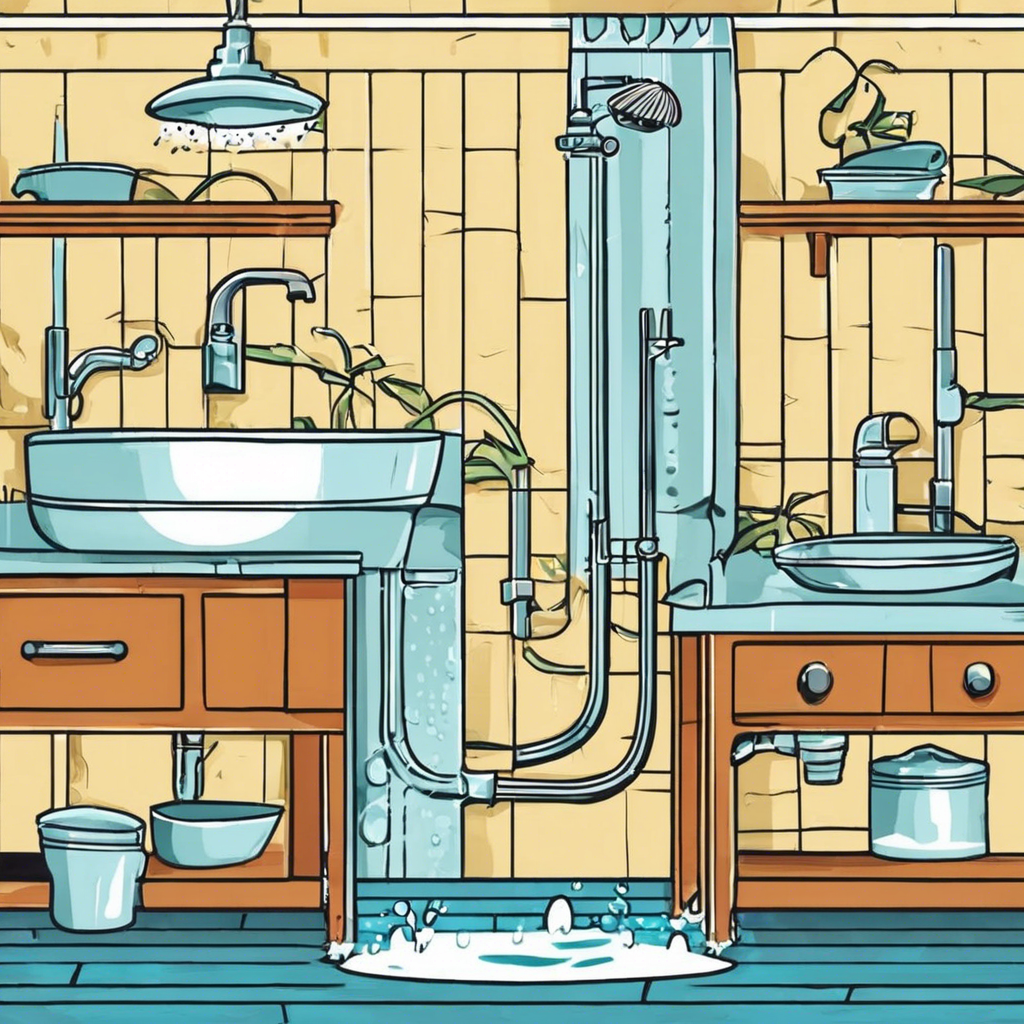
Here is an article with 8 paragraphs on water efficiency at home:
As climate change exacerbates droughts and disrupts water supply around the world, it’s increasingly vital to promote water efficiency and conservation at the individual and societal level. While many of us may be unaware of the subtleties of drought and water scarcity, we can play a crucial role in mitigating this issue by implementing changes in our daily lives and habits. The first step? Understanding the problem.
No matter where we live, our freshwater resources are increasingly under stress. More than a billion people globally lack access to safe, clean drinking water. Every day, we dispose of water without considering the necessary resources that go into supplying it to our homes, involving intricate networks of treatment plants, pipelines, and reservoirs. It takes a considerable amount of energy to treat and transport water to our homes, resulting in substantial carbon emissions.
Fortunately, we can take action to alleviate this burden on the environment and preserve our precious resources. Here are some practical tips to conserve water and make our homes more water-efficient, without compromising on comfort.
Tip 1: Check for leaks and fix them promptly.
Leaky faucets, toilets, and irrigation systems can waste countless gallons of water. Even a drip from your faucet can waste up to 2,700 gallons per year. If you suspect a leak, turn off all your water appliances and check your water meter. If the meter shows usage despite everything being turned off, you likely have a leak that requires fixing.
Tip 2: Upgrade your appliances.
Invest in efficient water appliances and fixtures to significantly reduce water waste. Look for products with the EPA’s WaterSense certification, which ensures the item saves water and performs well. You might replace your dishwasher, washing machine, or toilet with water-efficient models, or opt for water-saving showerheads, faucets, and irrigation controllers.
Tip 3: Implement rainwater harvesting.
If you’re interested in home improvements that promote water efficiency, consider collecting rainwater for non-potable purposes with a rainwater harvesting system. This water can be used for your garden, toilets, or cleaning dishes, reducing the need for freshwater supplies.
Tip 4: Practice mindful watering of your garden.
If you’re a plant parent, water your garden before 8 am or after 6 pm to avoid excessive evaporation in the heat of the day, and use a rain gauge to measure how much water your garden receives from rainfall. Avoid spraying water on walkways or patios by using targeted irrigation systems, such as soaker hoses and drip systems.
Tip 5: Use water-saving techniques when washing dishes and clothes.
Turn on the dishwasher only when it’s full, and opt for shorter cycles if possible. When hand washing, plug the drain and wash several dishes together in a basin of water. Similarly, when washing clothes, ensure you have a full load every time, or opt for a laundry washer that can handle smaller loads.
Tip 6: Take shorter showers & baths.
Short showers make a huge difference! To help you keep track of time and save water, consider using a waterproof shower timer. Fun fact: By listening to the Beatles’ “Yellow Submarine” in your head while showering, you can sing for about 4 minutes on average! If a 4-minute shower feels too short, try to shorten it by just a couple of minutes to start.
Tip 7: Encourage water conservation at schools and organizations.
Beyond our homes, we can promote water conservation in our wider communities. Encourage schools and community organizations to educate adults and children on the importance of water conservation and provide them with practical tips to save water.
Tip 8: Stay informed and advocate for water conservation policies.
Stay informed on water conservation efforts and policies in your local government and beyond. Support initiatives that aim to conserve water resources and ensure their sustainability for future generations.
Every little action counts when it comes to water conservation, and the collective impact of individual actions can be significant. By adopting these habits in our daily lives, we can contribute to a more water-efficient world and safeguard this vital resource for future generations.
Remember, saving water saves energy, and saves our planet.